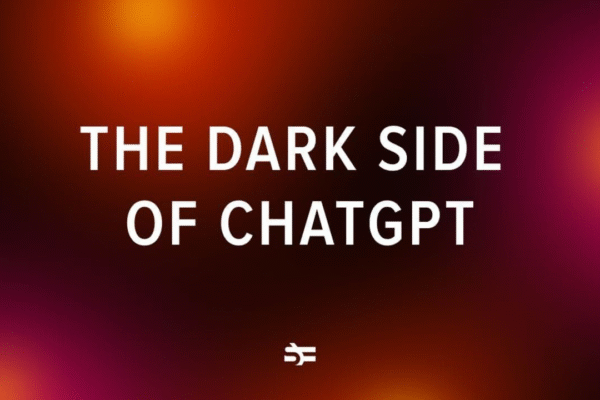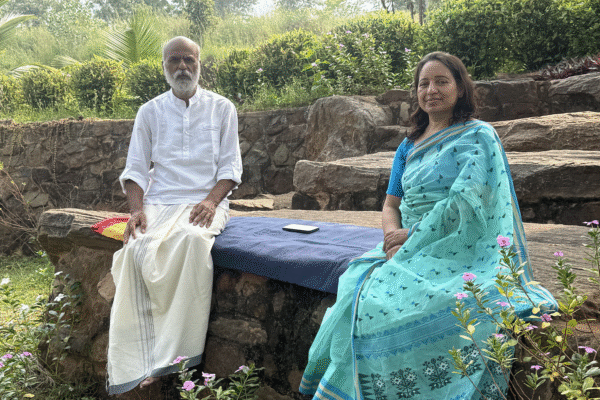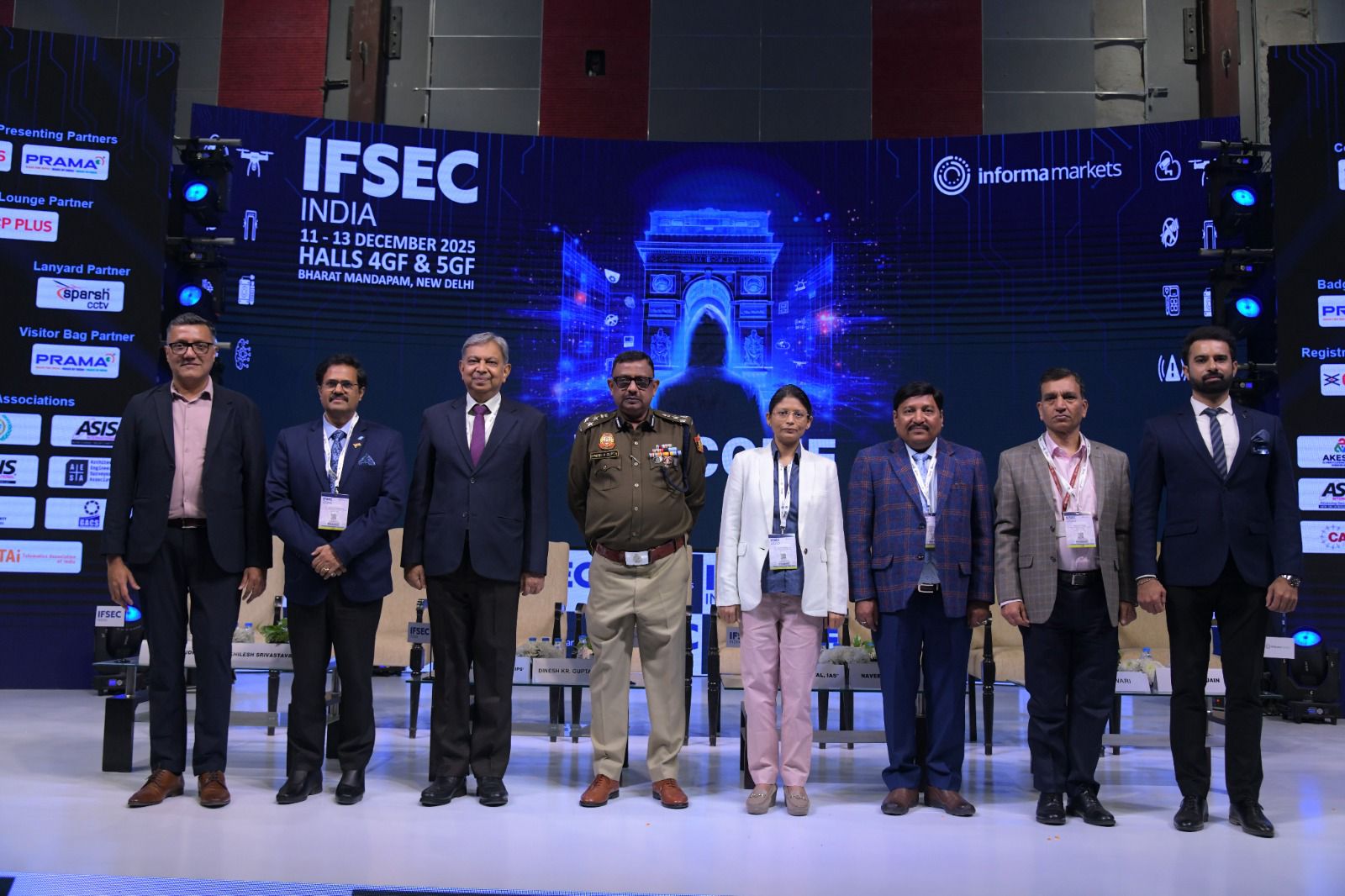

#News Bureau July11,2025
Why Has Tharoor’s Article on the Emergency Stirred Tensions Within Congress? A Senior Leader Says, “If Views Don’t Align, Find Your Own Path” — Here’s the Full Story

A recent article written by senior Congress leader Shashi Tharoor on the 1975 Emergency has triggered a storm within the Congress party itself. Some party leaders have openly questioned Tharoor’s allegiance, suggesting he must first decide which party he truly belongs to. While the Congress has not issued any official response, the article has ignited a fierce war of words between the Congress and the BJP. This controversy has also raised fresh speculation: does Tharoor have new plans for his political future?
The uproar began after Tharoor authored an article on the Emergency, which was published in the Malayalam daily Deepika and the international platform Project Syndicate. In the piece, Tharoor described the period from June 25, 1975, to March 21, 1977, as a “dark chapter in India’s democracy.” He highlighted rampant constitutional violations, press censorship, mass arrests of opposition leaders, and widespread human rights abuses during that time.
Tharoor’s candid take has clearly unsettled many within his own party, further fueling debates over internal dissent and ideological clarity in Congress ranks.
A thought-provoking article written by senior Congress leader Shashi Tharoor on the 1975 Emergency has stirred unrest within his own party. Several Congress leaders have openly expressed displeasure, with some bluntly suggesting that Tharoor must first decide where his political allegiance truly lies. While the party has not issued an official statement on the matter, the article has triggered a sharp verbal duel between Congress and the BJP. Amidst this political heat, questions are now being raised — is Tharoor eyeing a new direction for his political future?
The controversy erupted after Tharoor’s article appeared in the Malayalam daily Deepika and the global media platform Project Syndicate. In the piece, he referred to the Emergency — imposed from June 25, 1975, to March 21, 1977 — as a “dark chapter of Indian democracy.” He highlighted the suspension of constitutional rights, press censorship, mass arrests of opposition leaders, and widespread human rights violations during the period.
Tharoor’s blunt assessment of a chapter historically linked to his own party has unsettled many within Congress, setting off a wider debate about ideological openness, dissent, and future alignments.
Ask ChatGPT
What Did Tharoor Say About the Gandhi Family?
In his article, Shashi Tharoor did not hold back in his criticism, particularly targeting the forced sterilization drive led by Sanjay Gandhi and the demolition of slums in Delhi, which he described as acts of “unforgivable brutality.” He wrote, “Indira Gandhi justified these harsh measures as necessary for discipline and order, but they often crossed the line into cruelty.”
Tharoor further argued that the Emergency severely damaged India’s democratic credibility on the global stage and remains etched in the collective memory of Indians as a dark and terrifying chapter. He warned that tendencies such as the centralization of power, suppression of dissent, and attempts to bypass constitutional checks and balances could resurface in new forms.
Why Is Congress Upset?
Tharoor’s remarks have drawn sharp criticism from within his own party. Congress MP and Lok Sabha whip Manickam Tagore took an indirect swipe at Tharoor on social media platform X, writing, “When a colleague starts parroting the BJP’s narrative word-for-word, it raises questions — is the bird turning into a parrot? Mimicry may be cute among birds, but not in politics.”
The internal backlash has highlighted a growing discomfort within the Congress over how far individual leaders can go in publicly challenging the party’s past, particularly when it comes to the legacy of the Gandhi family.

“Which Party Does Tharoor Belong To?” — Senior Congress Leader Questions His Allegiance
In a sharp rebuke, senior Congress leader from Kerala, K. Muraleedharan, took direct aim at Shashi Tharoor, saying, “Tharoor must first decide which party he belongs to.” Muraleedharan advised that if Tharoor feels uncomfortable within the Congress, he should choose a clear political path. Speaking to journalists, he added, “If there are disagreements, there are platforms within the party to express them. But if he feels he cannot function under the current system, he should resign from his positions and pursue the political path of his choice.”
Muraleedharan’s strong remarks reflect growing unease within the Congress over some of Tharoor’s recent actions — including leading a government delegation under Operation Sindoor and praising Prime Minister Narendra Modi’s foreign policy.
Meanwhile, Leader of Opposition in Kerala, V. D. Satheesan, declined to comment on the matter, saying it was for the national leadership to address.
Congress Stays Silent on Tharoor’s Article, But Internal Concerns Mount — BJP Seizes the Moment
While the Congress has not officially responded to Shashi Tharoor’s article on the Emergency, party sources suggest that it could prove damaging to internal unity — especially in Kerala, where local body elections are due in 2025 and assembly elections in 2026. Some leaders believe Tharoor’s move reflects his personal ambitions, hinting that he may be positioning himself as a potential Chief Ministerial candidate for the United Democratic Front (UDF) in Kerala.
BJP Finds an Opportunity to Attack
The BJP has quickly capitalized on Tharoor’s article, using it as a weapon to target the Congress. National spokesperson Sudhanshu Trivedi claimed that Tharoor’s piece exposes the Congress’s continued justification of the Emergency-era mindset. Citing Rahul Gandhi’s protest in Bihar against changes to the electoral rolls, Trivedi said, “The Congress believes the legitimacy of constitutional institutions depends on whether they win or lose elections.”
BJP IT Cell chief Amit Malviya shared Tharoor’s article on social media, writing, “Congress MP Shashi Tharoor has destroyed the moral credibility of the Gandhi family.” Spokesperson Shehzad Poonawalla called it a rare moment of honesty within the Congress and questioned why the party’s top leadership hasn’t made such admissions publicly.
Ask ChatGPT
Tharoor’s Stand: A Reflection of Independent Thinking, but a Source of Tension Within Congress
In his article, Shashi Tharoor emphasized that India today is not the India of 1975. “We are now a more confident, prosperous, and in many ways stronger democracy,” he wrote. “Yet, the lessons of the Emergency remain relevant.” Tharoor warned against the dangers of centralizing power and suppressing dissent, urging continued vigilance to protect democratic values.
His article is being viewed in the context of a series of moves that have set him apart from the official Congress line. Recently, Tharoor led a government delegation under Operation Sindoor and publicly praised Prime Minister Modi’s foreign policy — actions that drew criticism from within his own party. In 2022, his candidacy for Congress president was seen by many as a challenge to the Gandhi family’s dominance, although he ultimately lost to Mallikarjun Kharge.
Tharoor has consistently maintained that national interest should come before party loyalty, especially in matters of foreign policy. “When it comes to national interest,” he once said, “I don’t speak of Congress or BJP foreign policy — I speak of India’s foreign policy.”
Why Is the Emergency Still Controversial?
The Emergency remains one of the most debated chapters in India’s democratic history. During this period, constitutional rights were suspended, press freedom was curtailed, and opposition leaders were jailed. The forced sterilization drive and slum demolitions led by Sanjay Gandhi were particularly contentious. In 1977, the public responded by voting Indira Gandhi and the Congress out of power. While the Congress has, in recent years, acknowledged the Emergency as a mistake, it has largely avoided disowning it in its official narrative.
Tharoor’s article has not only triggered discomfort within the Congress but has also given the BJP a fresh opportunity to attack the party. With crucial elections approaching in Kerala and broader strategic implications at the national level, the controversy may have a lasting impact — both on Congress’s internal cohesion and on Tharoor’s political trajectory.
Ask ChatGPT

NewsHasghag operates a 24/7 news bureau that tracks the real-time, social media-driven stories from India and around the world, keeping you ahead of the day’s key talking points. Our digital-first approach transforms storytelling through the seamless integration of data, interactive charts, video, and audio into every narrative.









